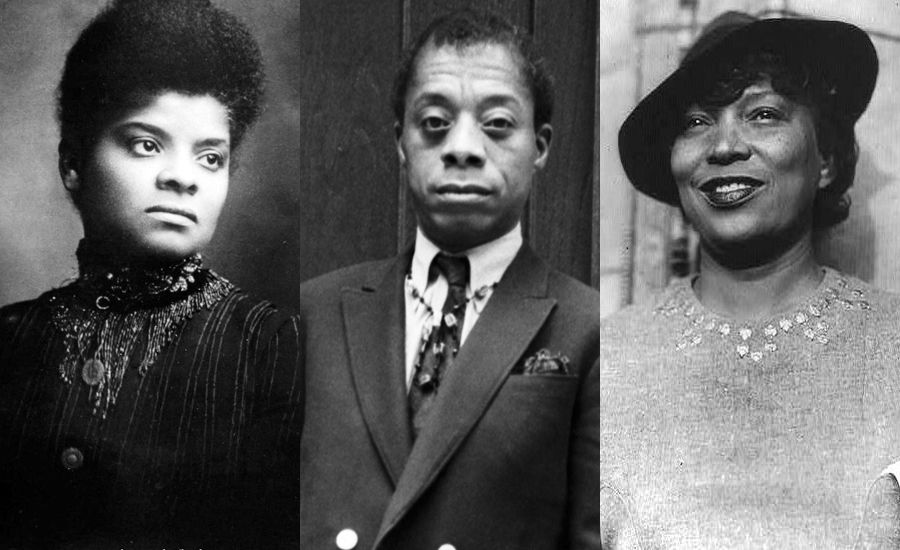Excerpted with permission from Win at Losing: How Our Biggest Setbacks Can Lead to Our Greatest Gains, by Sam Weiman, copyright 2016, TarcherPerigee, an imprint of Penguin Random House.
One warm October day I visited Reshma Saujani, the CEO of the nonprofit Girls Who Code, at her office in Manhattan. Saujani had recently been named to Fortune magazine’s list of the forty most influential people in business under the age of forty. To see Saujani bouncing confidently around that midtown loft, one could easily assume she was used to things going her way.
On the contrary, Saujani describes herself as one of those people for whom “things never came easy.” The daughter of Indian immigrants by way of Uganda, Saujani was bullied growing up because of her [Indian] name, was rejected multiple times by Yale Law School, and had several miscarriages before giving birth to her son in February 2015. These episodes were all crushing at the time, but they also fostered a sense within Saujani that repeated obstacles were just part of the deal. It was an invaluable gift.
“I feel like I’ve always somewhat embraced struggle and never been afraid of it,” Saujani says. “It’s just made me stronger. I feel like in some ways it made me feel a little bit shameless in the sense I’m not afraid to ask for things and I’m not afraid to lose. That doesn’t mean it doesn’t hurt, but it doesn’t break me.”
In 2010, after graduating from law school and working for a time on Wall Street, Saujani decided she wanted to run for U.S. Congress, challenging the eighteen-year incumbent Carolyn Maloney in the Democratic primary. It was a bold move for a political neophyte–“shameless,” as she might put it. Saujani’s campaign received a healthy amount of media attention given her outsider status as the first woman of Indian descent to run for US Congress. On the night before Election Day, she called her supporters to tell them things were looking good.
Actually, she never came close–Saujani received just 19 percent of the vote. The outcome was so humiliating she hoped no one would see her as she hailed a cab headed for her Lower East Side apartment, her BlackBerry buzzing with emails she didn’t want to acknowledge. Once inside her windowless bedroom, Saujani wanted only to remain under the covers for days.
“I knew people were going to be celebrating my pain,” Saujani says. “I was very caught up in what happened–what mistakes did I make? What would I do differently? That was my month of mourning.”
In the aftermath of the loss, Saujani’s boyfriend (now husband) bought her a dog, mainly, she says, “just to give me some purpose in life and to get out of the bed and shower each day.” Slowly she began to piece together a routine. Saujani wrote a book, Women Who Don’t Wait in Line, in part about the lessons from her failed campaign. Eventually she set out to run again, this time for New York City Public Advocate in 2013. It would have made for a tidy redemptive story, and here Saujani was pretty sure she would win. Except she didn’t. This time Saujani lost in even more disheartening fashion, finishing third with just 15 percent of the vote. Once again, she was crushed.
So how did Saujani end up where she is now–overseeing a widely regarded nonprofit that is inspiration for thousands of girls?
The irony of Saujani’s losses is that they opened the door for the type of public contribution that likely wouldn’t have been possible had she won elected office. Under Saujani’s direction as CEO, Girls Who Code taught ten thousand girls computer science in 2015. It has already raised $16 million, aims to reach one million girls by 2020, and is now partnering with Viking to create a series of books about coding written for middle school girls.
That she reached this point, putting her political career aside to focus on something that is arguably more ambitious, is not because she sought to suppress the memories of her disappointments. In fact, it was because Saujani had a predisposition for struggle that she was able to boldly throw herself into a new venture without fear of failure yet again. Is that shameless? Yes, but only in the best “So what if I screw up?” sense. She had a keen understanding of how she would react to another possible public face-plant, and as much as her earlier setbacks had truly stung, she knew she was able to recover.
“When I do something wrong and I make a mistake, that bothers me, and then I get over it quickly,” she says. “I’m comfortable with it because once everything I fear happening happens, I realize I’m still standing.”




